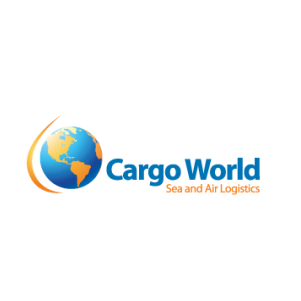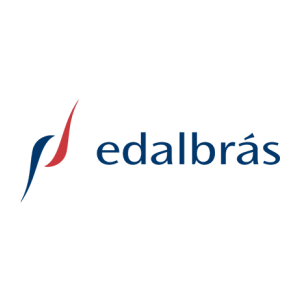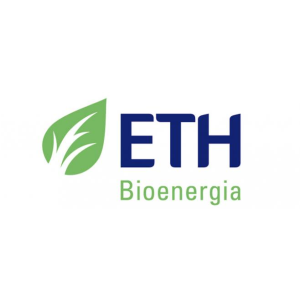Actions taken by the Agency to reduce bureaucracy in commercial transactions maintain demands on the quality and safety of products. Costs may fall by up to 17.5%.
The measures implemented by Anvisa to expedite the importation of products subject to sanitary surveillance integrate the strategies and actions of the Federal Government to promote trade facilitation. It is hoped, therefore, to reduce the time and costs of storage and transactions, by simplifying and reducing the bureaucracy of procedures related to foreign trade.
Among the actions adopted by the Agency, we highlight the risk management, established by RDC 228/2018, which determines differential treatment for imports under sanitary surveillance, in order to speed up the release of products in Brazil.
According to the Agency’s General Manager of Ports, Airports, Frontiers and Customs Enclosures (GGPAF), Marcus Aurélio Miranda de Araújo, four differentiated channels were created for analysis, which take into account the type of product and risk using standardized criteria:
Green channel: simplified release.
Yellow channel: documentary analysis.
Red channel: physical inspection of the load.
Gray channel: investigation procedure.
In order to streamline processes, Anvisa also invested in teleworking actions, with previously established goals, and created virtual offices, which receive and handle import license applications faster.
Reduction of bureaucracy
De-bureaucratising of documents for imports of products with simplification of procedures is another measure adopted by the Agency. An example is the anticipation of the analysis of the documentation for the granting of the import license, which was previously only carried out after the cargo arrived in Brazil. Now, this action can be initiated before shipment of the product at the place of origin, with reduction of deadlines and costs of the cargo, having important impact, for example, for the maritime sector.
In addition to releasing the need to certify food products already evaluated by regulatory agencies in other countries, Anvisa has also withdrawn the need to attach a copy of the Union Recruitment Guide (GRU), since the release for importation depends of the prepayment of taxes. The Agency is also studying further measures to facilitate trade.
Reduction of costs
Transactions involving foreign trade in Brazil have a direct influence on Anvisa’s regulation and performance. The agency is responsible for the control and inspection of the entry and exit of products subject to sanitary surveillance, and also for the creation of rules that guarantee the quality and safety of these products. The list includes medicines, food, cosmetics and health equipment, among others.
Because of the importance of foreign trade for the country’s economy, health regulation and surveillance must be rigorously based, but must be carried out in a way that avoids excesses and barriers that impede commercial transactions, which may undermine the country’s economic development.
“There are studies stating that each day of stationary merchandise can increase its cost by up to 1%. Other indicators point out that the full implementation of the Trade Facilitation Agreement can reduce, on average, import and export costs by up to 17.5% “, explains the director of the Department of Competitiveness in Foreign Trade (Decoe) of the Secretariat of Commerce External (Secex) of the Ministry of Industry, Foreign Trade and Services (MDIC), Flávio Scorza.
For Anvisa, ultimately, trade facilitation influences the final price of products to the consumer, without losing sight of the safety assurance and effectiveness of imported items.
Government Priority
For MDIC, the results that can be obtained through the Trade Facilitation Agreement can only be achieved with the participation of all the bodies involved.
“Given the relevance of Anvisa’s actions on Brazilian foreign trade, it is one of the main players in the good implementation of the agreement. For the success of Brazil in this effort, it is essential that the Agency apply measures such as risk management, periodic reviews of requirements and formalities, alignment and coordination of its processes with other border agencies and participation in the Single Foreign Trade Portal “Says the Director of Decoe. “For this reason, Anvisa is one of the great priorities in government policies for trade facilitation,” adds Flávio Scorza.
Regulatory convergence
According to Anvisa’s chief adviser for International Affairs (Ainte), Patrícia Tagliari, in recent years the agency has devoted special attention to the promotion of regulatory convergence. This means aligning the regulations developed by the Agency with the main international references in the matter, so that there are no different national and international standards applied to products subject to health surveillance. This practice creates greater security and predictability for the planning and investment of companies operating in Brazil, says Patrícia.
According to the chief advisor, some examples of the actions developed by Anvisa in recent years are its affiliation to the International Council for Harmonization of Drugs for Human Use (ICH), the International Forum of Medical Device Regulators (IMDRF), the Audit Program (MDSAP) and the International Cooperation Group of Cosmetic Regulators (ICCR).
Source: Anvisa







